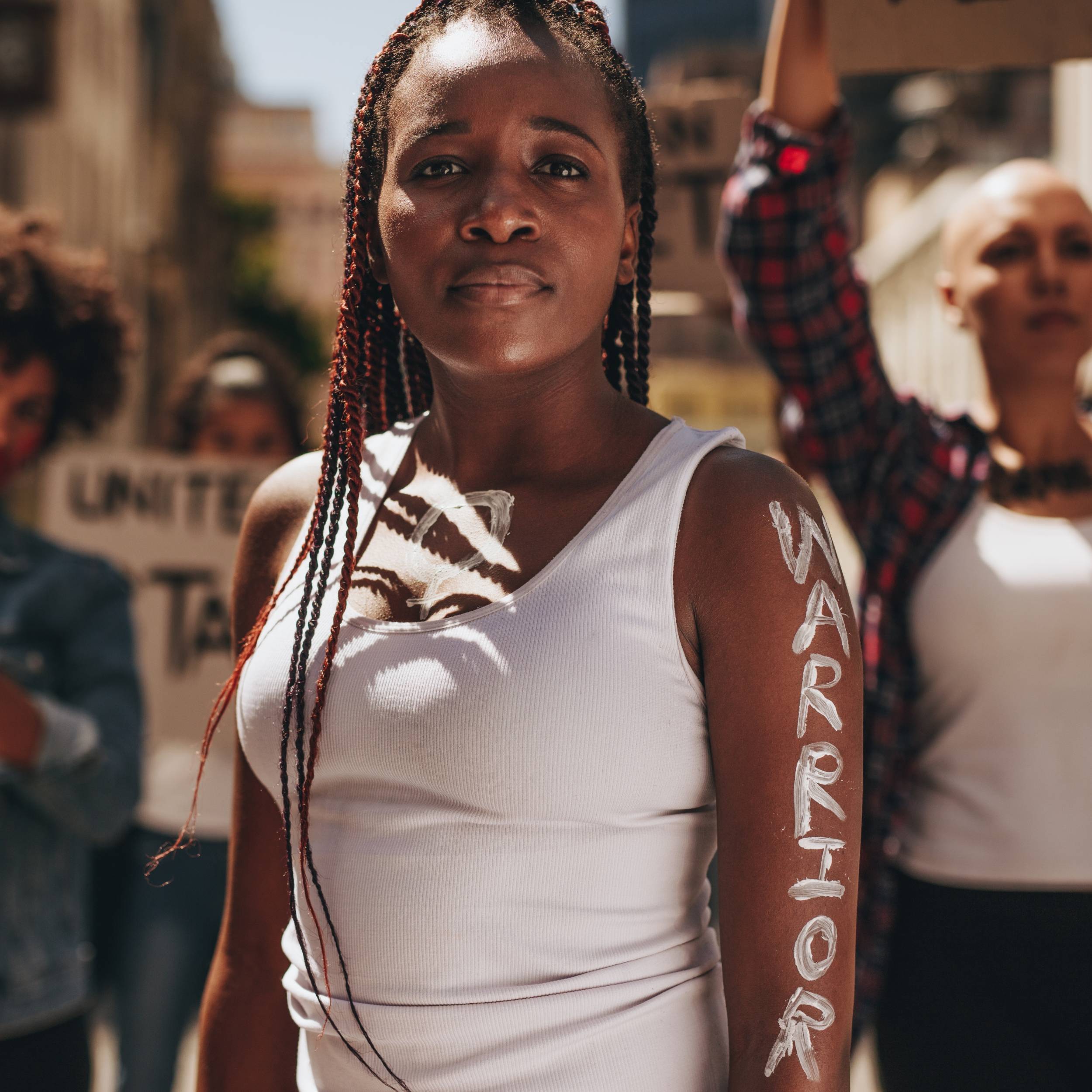A Legacy of Economic Resistance in Birmingham
Birmingham, Alabama, has always been at the forefront of economic boycotts as a strategy for civil rights. In April 1963, Rev. Fred Shuttlesworth, Dr. Martin Luther King Jr., and the Southern Christian Leadership Conference (SCLC) launched the Birmingham Campaign, an aggressive push against segregation through boycotts, sit-ins, and mass demonstrations.

Why April Matters:
We are committed to this economic boycott for the foreseeable future. We are moving in strategy, not emotion. We are choosing power — not pain. This is about economic justice, not just protest.We are committed to this economic boycott for the foreseeable future. We are moving in strategy, not emotion. We are choosing power — not pain. This is about economic justice, not just protest.
Are Boycotts Effective?
Absolutely. History has shown us that economic pressure works. The Montgomery Bus Boycott forced the desegregation of buses. The Birmingham Campaign of 1963 used economic disruption to push businesses to integrate. Even in modern times, corporate boycotts have led to major policy reversals. Companies listen when their profits are threatened. That’s why Not On Our Watch is organizing a mass boycott—because corporations only understand one language: money. When we strategically withdraw our dollars, we force change


